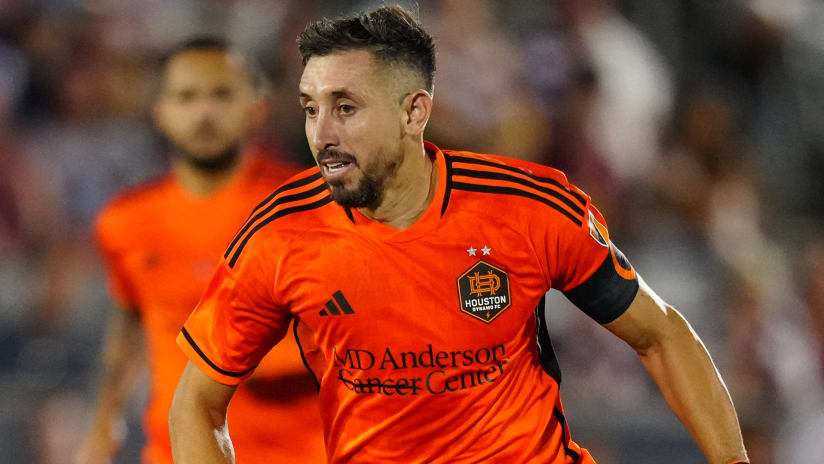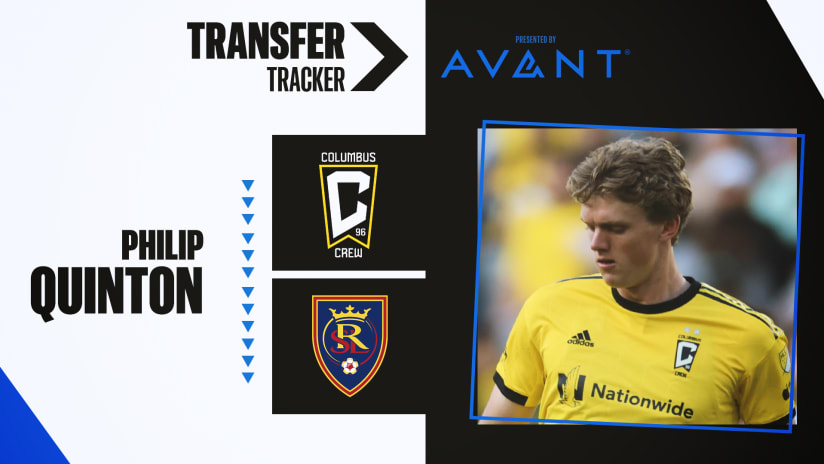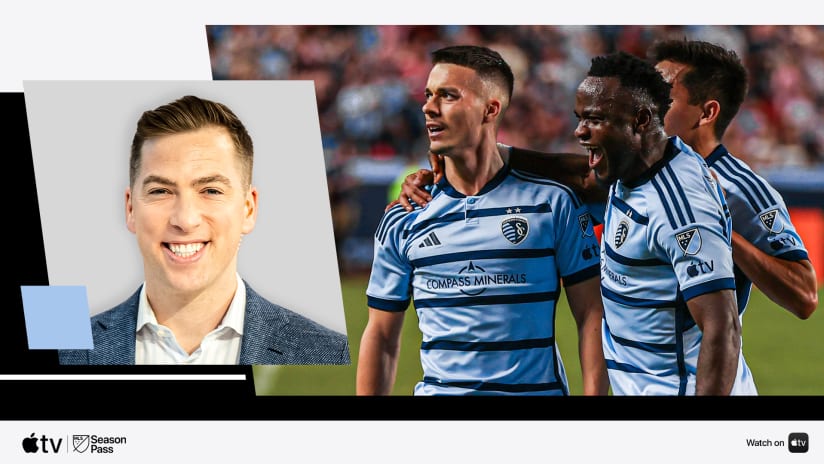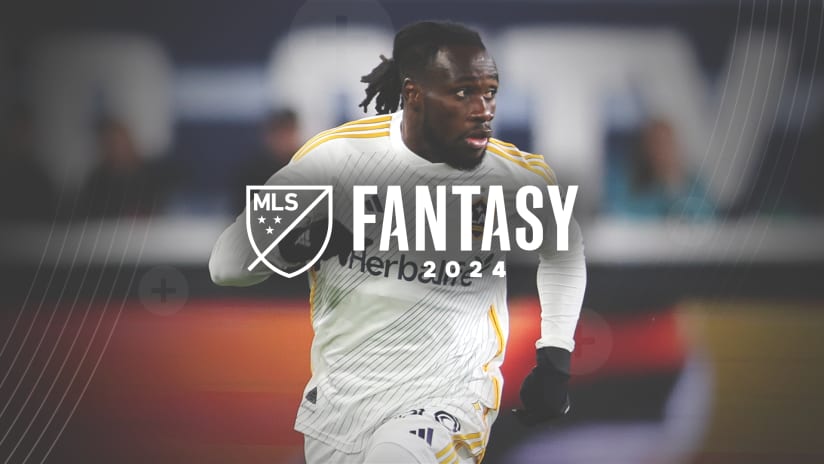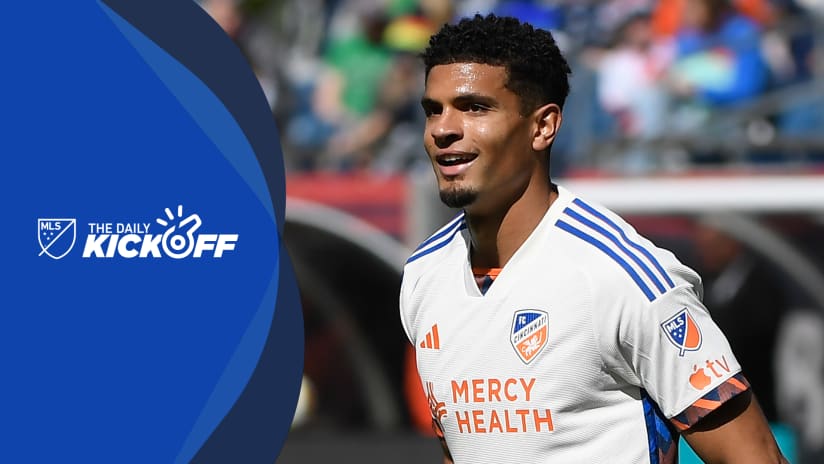On January 12, 2007 the Chicago Fire traded star forward Andy Herron to the Columbus Crew and in return the Fire received the Crew's first round (second overall) pick in the 2007 MLS SuperDraft, held in Indianapolis, IN. With that pick, the Fire chose University of Virginia product Bakary Soumare. It proved to be a wise choice. Soumare saw 1,072 minutes for the Fire in 2007 and became the only rookie to appear during the Fire's 2007 postseason run, coming off the bench for 32 minutes in Chicago's 2-2 tie against D.C. United in the second game of the Eastern Conference Semifinal Series. Soumare has started each game for the Fire this season, including Tuesday's Lamar Hunt U.S. Open Cup play-in win against the Columbus Crew.
Fire Insider caught up with Soumare this week before the team takes off to resume MLS play against FC Dallas on Sunday, June 15 (2 p.m. CT, TeleFutura, My50) at Pizza Hut Park.
Fire Insider: You have started in every game this season, earning a significant amount of playing time as a second year player for the team, what did you do mentally in previous years to prepare for where you are today?
Bakary Soumare: Well it was my goal to try to get a starting spot and prepare in a positive way. I worked hard in the off season and it paid off.
FI: What kind of pre-game traditions do you have before a big match?
BS: I don't really have anything in particular. When we play at home, I relax a lot, watch some TV, before the game I listen to my headphones and my ipod.
FI: What do you do outside of training to keep yourself physically healthy?
BS: I don't do much training outside of practice because I think it's enough. We work hard. A lot of it is eating healthy. I try to eat healthy and get a lot of sleep. I have a lot of time and it's very critical for me to get eight hours of sleep at night so in the morning I feel ready to play or ready to train. When you come in to training you come in with good form and perform at your best.
FI: What are your goals or plans post professional soccer?
BS: I really have no idea. I will probably go back home to Europe, to France. I'm not thinking about 8 to 5, because that is just not in my thoughts right now. But I do want to go back to France, because that's where I grew up and that is where I would like to go back and live. But you never know in life. I've been a lot of different places and I've changed my mind a lot, so can't say for sure where I want to be.
FI: What is your favorite part about being a professional player?
BS: For me it's a dream come true, something I've wanted to do since I was very young. It's really amazing when every time I look back this is something I wanted to since I was five years old. It's great doing what you love, it's really fantastic.
FI: What challenges do you face as a player and how do you overcome them?
BS: Well, when you play college, or club teams, it's more you play for fun. It's very different than playing for the pros. You are playing for your job. These other guys want your position. It's become a business move and you have to come every day because the next guy wants your spots. It's one of the challenges, but that makes you become a better player because you have to work harder. But at the end of the day, it's always a lot of fun.
FI: You are a member of the Generation adidas program, which encourages early entry into the MLS without college graduation. Being a member, do you still think it's important for players to eventually go back to school for their degrees?
BS: You know what, that's a tough question because every person has different aspirations. If you ask me, to some guys it's important. I value education and I would love to finish my degree. I'm not saying I will never finish it, but right now I have some different goals. Down the line if I feel I need to finish my degree, I will. I took a class last semester, and it was very difficult to balance between work. Some guys can do it, like Brian Plotkin is right now, and I admire him for it.
FI: What other programs/charity organizations do you work with?
BS: I work with the Epilepsy Foundation because I have Epilepsy myself. It's controlled, but I have it, so I like to work for it. I work through Athletes for Hope. It works with a bunch of athletes that work above the organization and want to work for it. I like to do it because I can relate to the kids and they can relate to me. Last month I did the Epilepsy walk. I'm supporting the foundation and kids who have Epilepsy, and it's great because I can help by showing that as an athlete I can still do what I love and it inspires kids that they can do the same.
FI: You have lived the city life for quite some time, living in Paris, New York and now Chicago. Would you would you say these places have developed you as a person, and if so, how?
BS: Yes, It's helped me a lot. As far as a person, I would say...I was born in Africa, moved to Paris and then moved to the United States. Living in different countries, you meet a lot of different people, and you have to adjust the language and adjust the culture. I love meeting new people because every time I do I feel like I am learning something new because I have so many different cultures. And that's really shaped the person I am today. I've been around my family back home and come to New York and had an adopted family which was fantastic, then I went to college and then with the team in Chicago, and there's a lot of players who are older and you get to learn from those guys.
FI: What are your hobbies outside of soccer?
BS: I watch a lot of movies. I like non-fiction movies like Amistad. That is my all time favorite. It's about slavery. I'm fascinated by American History. I also tend to shop too much. I like to shop, it might be my weakness. I find myself going on Michigan Avenue a little too much throughout the week.


